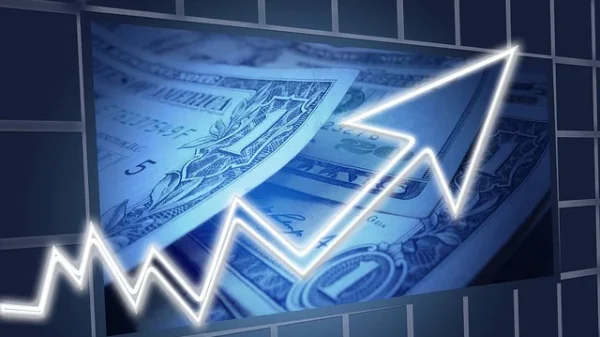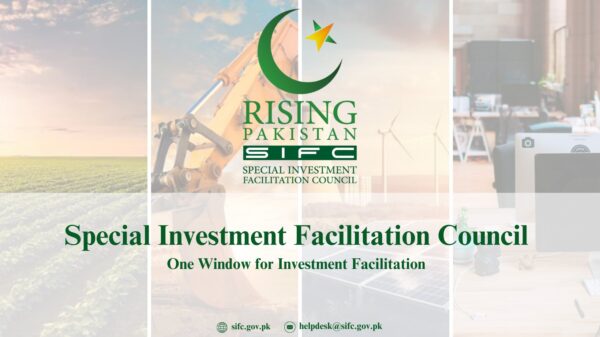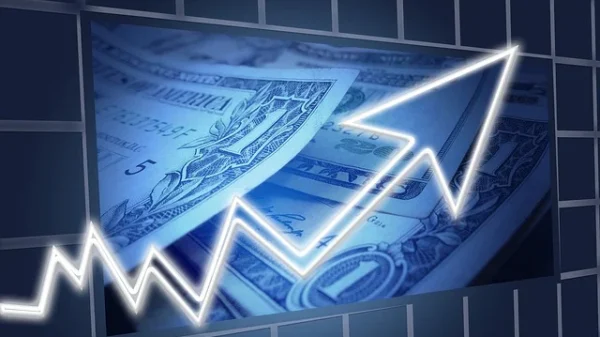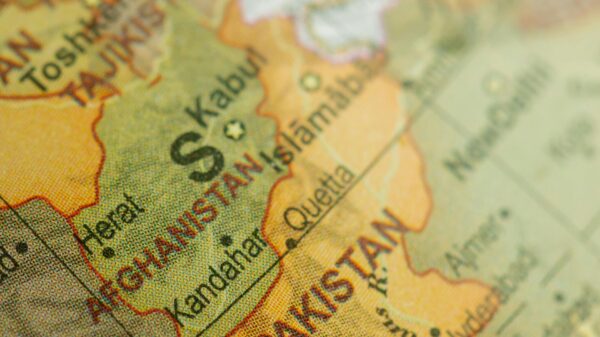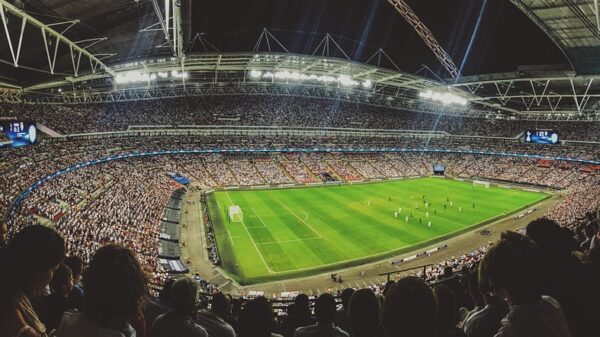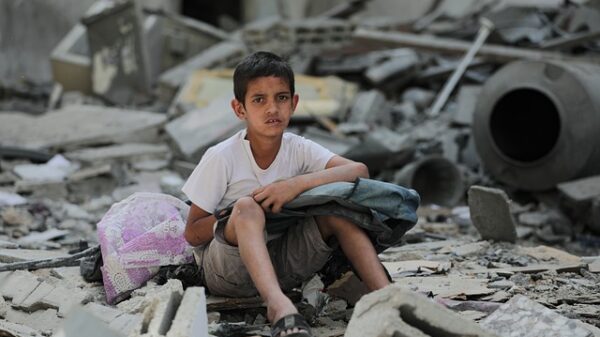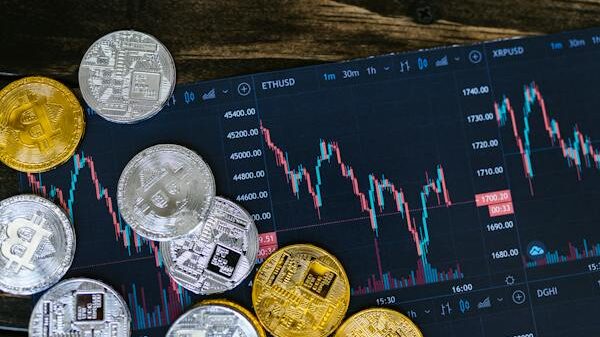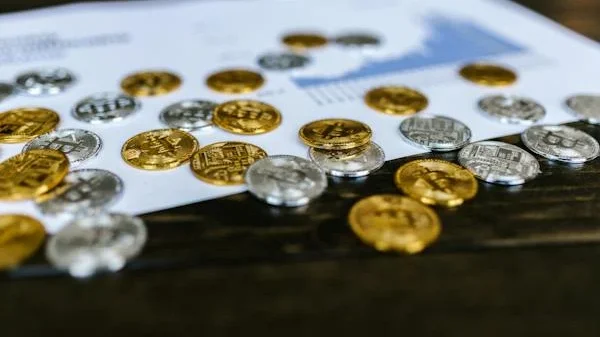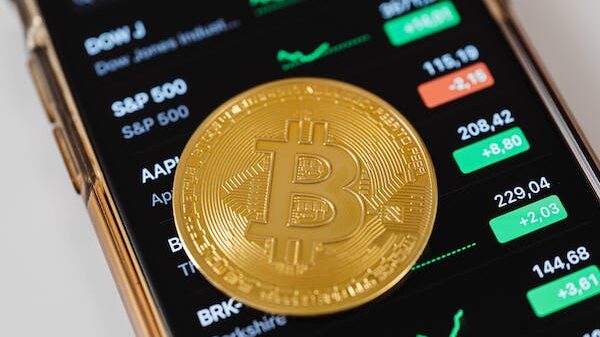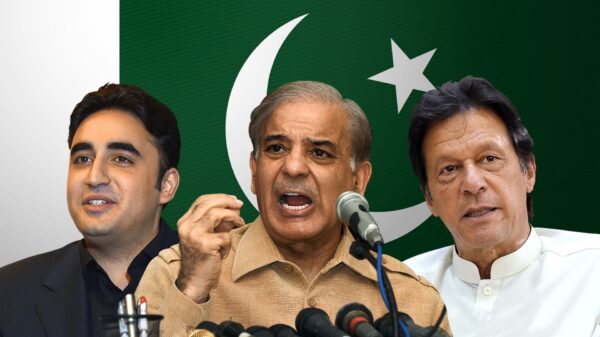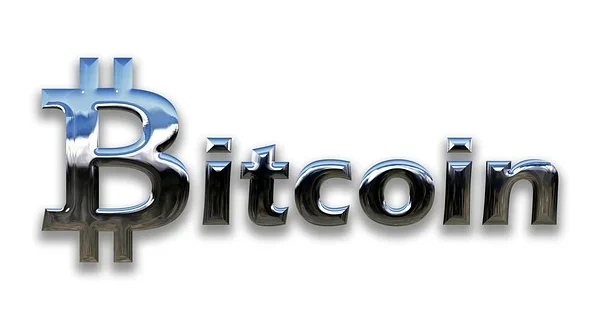Pakistan’s political landscape is experiencing a significant crisis, influenced by economic challenges and internal political turmoil. The arrest of former Prime Minister Imran Khan and subsequent deadly clashes between his supporters and the police have plunged the country into deeper unrest. This situation unfolds as Pakistan prepares for tightly contested elections amidst an economic downturn, with dwindling reserves and a stalled IMF program. The political upheaval since Khan’s ouster has negatively impacted Pakistan’s economy, with the Pakistani rupee losing nearly half its value and the stock market experiencing a significant decline. Amidst this, the IMF’s hesitance to restart its loan deal exacerbates the financial crisis, with foreign exchange reserves barely covering a month’s worth of imports.
The backdrop to the current crisis includes the ousting of Imran Khan via a no-confidence vote, which marked a dramatic turn in Pakistan’s political narrative. Khan’s removal came after he lost the military’s support, crucial for his initial rise to power. The opposition, unified under the Pakistan Democratic Movement (PDM), capitalized on this loss of support and governance failures attributed to Khan’s tenure. The situation is further complicated by an acute climate emergency, adding to the socio-political instability.
The Election Commission of Pakistan’s (ECP) ruling against Khan’s party, PTI, for illegal foreign funding, has raised questions about Khan’s eligibility to hold office, further intensifying the political crisis. Despite potential technical disqualifications, Khan’s popularity remains strong, challenging the establishment’s efforts to sideline him. This ruling also underscores the deep-seated issues within Pakistan’s political framework, where economic downturns and social welfare challenges loom large.
The current government, led by Prime Minister Shehbaz Sharif, faces its own set of challenges, not least of which is consolidating control amidst economic pressures and political opposition from Khan’s supporters. The government’s hesitance to remove fuel subsidies, as advised by the IMF, reflects the difficulties it faces in making unpopular decisions ahead of the next elections. This indecision points to the broader challenges of governance in a deeply polarized political environment.
In summary, Pakistan’s political and economic landscape is marked by instability, with the potential for further unrest as the country navigates through internal divisions and external pressures. The situation demands a nuanced understanding of the interplay between political power, economic policy, and public sentiment, as Pakistan moves towards a critical juncture in its democratic journey.


